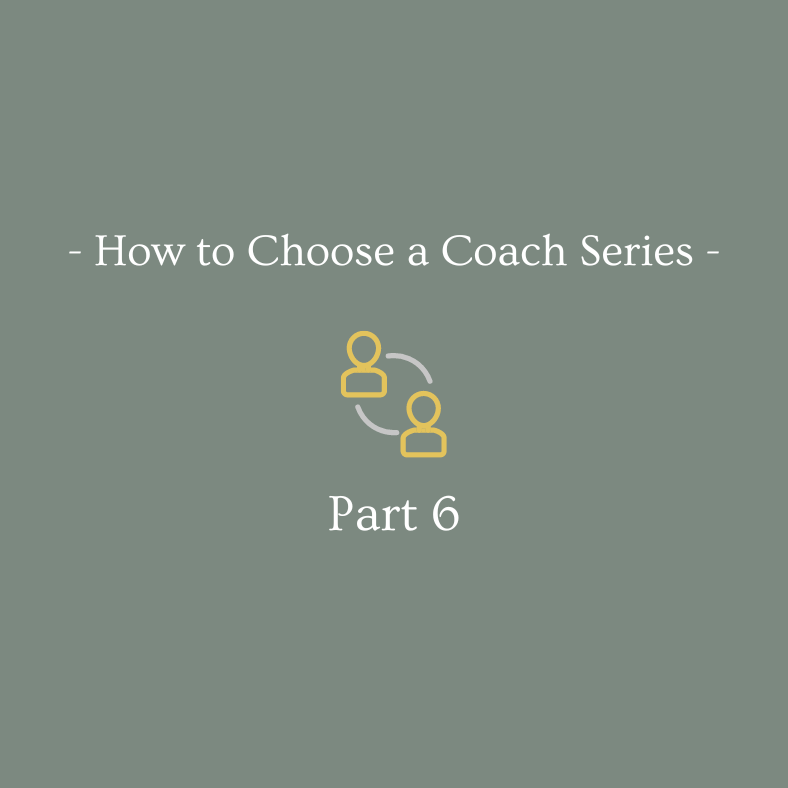In my last post in this series, I focused on understanding the coach’s approach to the Philosophical and Personal Style components of the coaching engagement. Let’s now explore the coach’s approach to the Logistics of the Engagement.
The Coach’s Approach: Logistical Components
Take time to understand the coach’s approach to the structure of the engagement. There is no right way to structure it. Most experienced coaches try several approaches and then settle into one that works best for them and their clients.
What is the process to purchase and activate the coaching services? A few things to know:
Timeline: A typical coaching engagement consists of pre-contracted coaching sessions (8, 10, 12 session packages), or the engagement can be for a specific number of months, (6, 8, 12 months at two sessions a month). There is a start and end date to the package unless it’s a retainer arrangement. Many clients recontract for an additional package after a few weeks or months of practicing and integrating what they’ve learned. There are many other creative arrangements utilized.
Structure: Coaching engagements can have many types of structure. Is it a predetermined signature coaching program, with predetermined topics and agendas for each session? Is it a holistic framework that suggests key areas of focus (values, vision, strengths/obstacles), where the specific topics are co-created at the beginning between the coach and client? Is the engagement structured loosely, where the focus and topics are defined at each session?
How does the coach help the client identify the client’s priorities? How does the coach help the client discern the tangible and intangible areas of focus? What resources and tools might be utilized during the engagement? What is the structure for each coaching session? What happens between sessions, where practicing new mindsets and behaviors can be experimented with and integrated? How will progress be measured? Ask questions and explore what works best for you and the coach.
Onboarding and Offboarding: The coaching approach starts long before the first session and often extends beyond the last session. What is the contracting process? What are the preliminary steps to getting started? These can include: discovery calls, reflective questions, assessments, assessment review, vision statement, stakeholder interviews, survey)? Is there a mid-point check-in to determine how the process is working for the client? Is there a sustainment plan at the end, to ensure integration of the new practices, mindsets and behaviors?
It takes courage to commit to coaching. It is a significant investment of time, energy, and money for your personal and professional growth. Taking the time to understand the coach’s approach will help you make a better decision.

